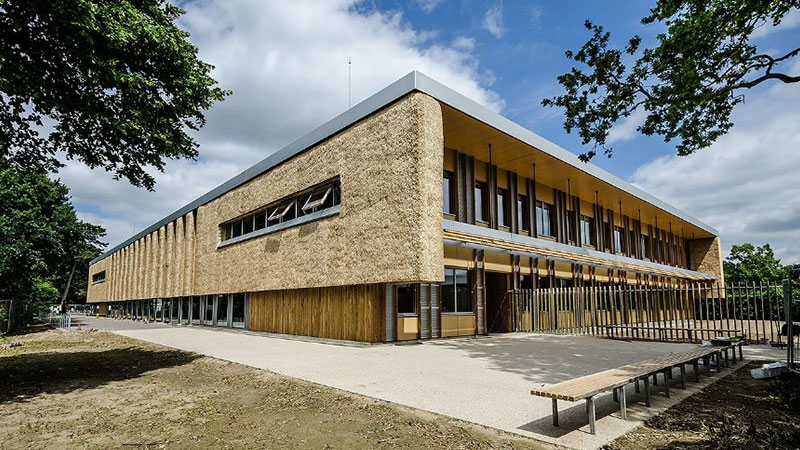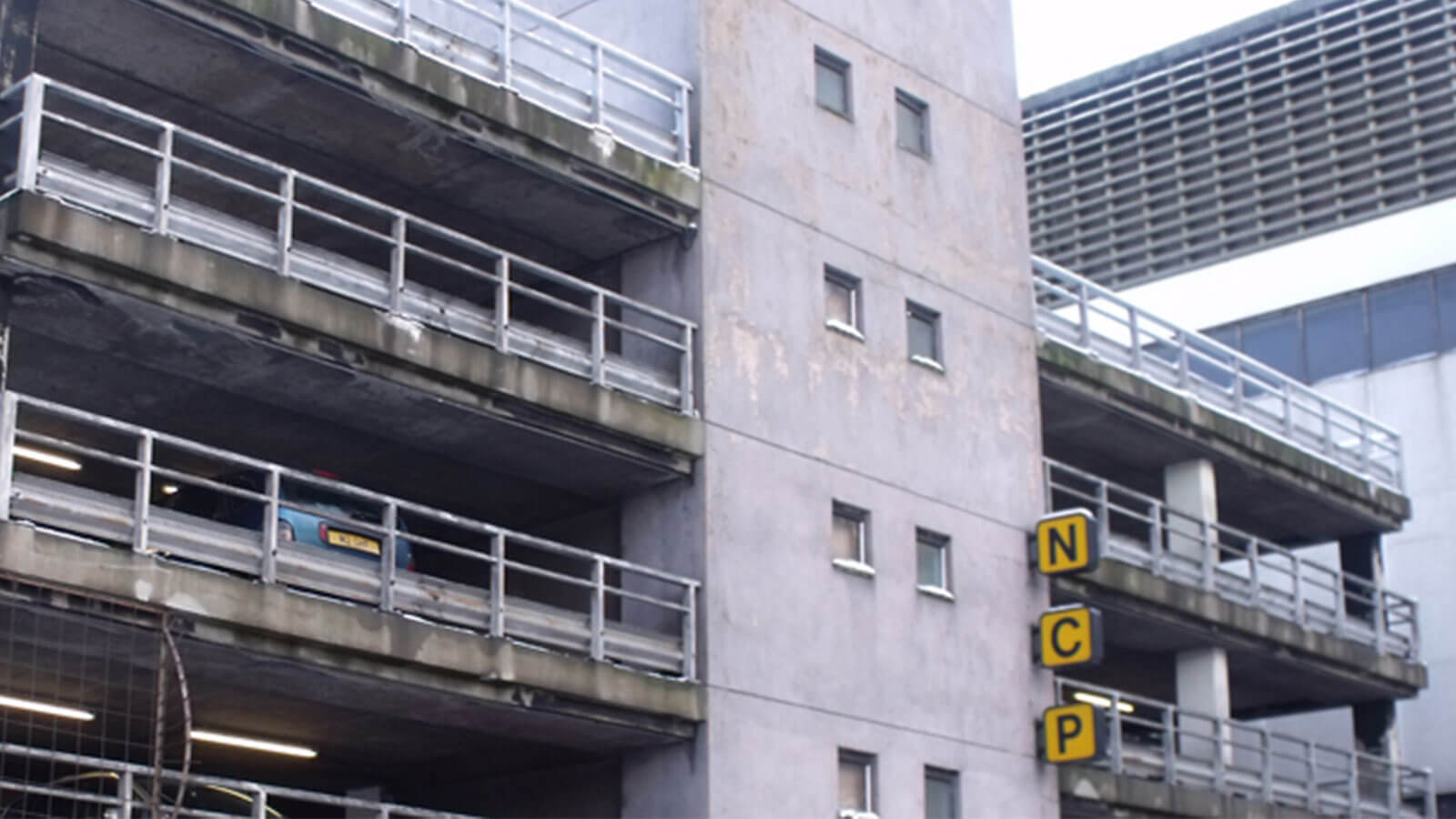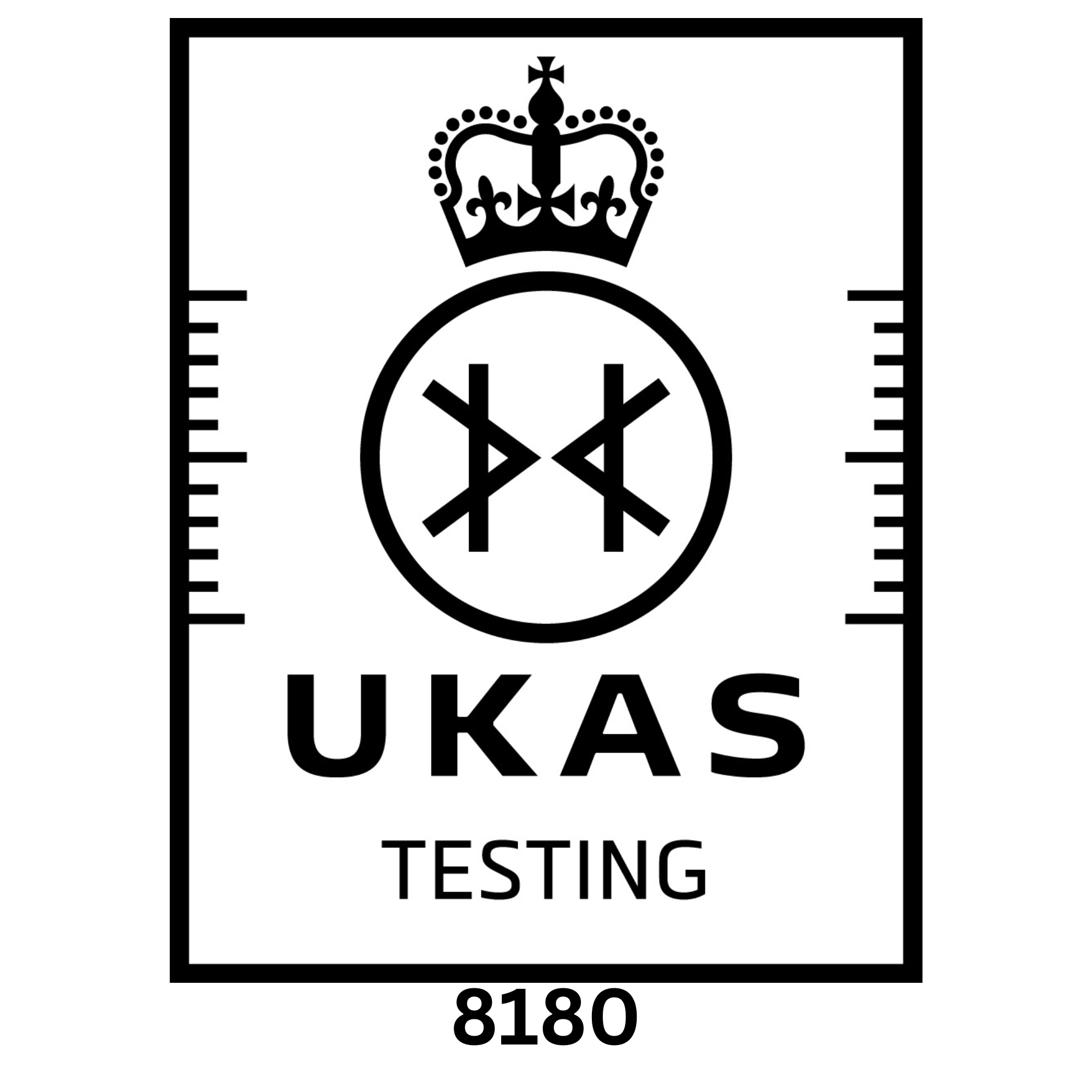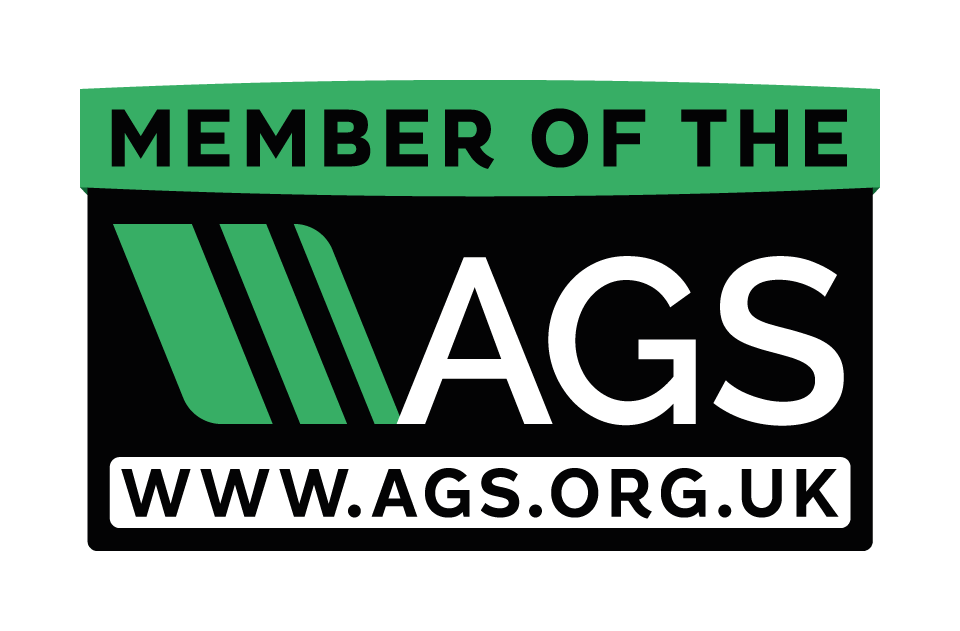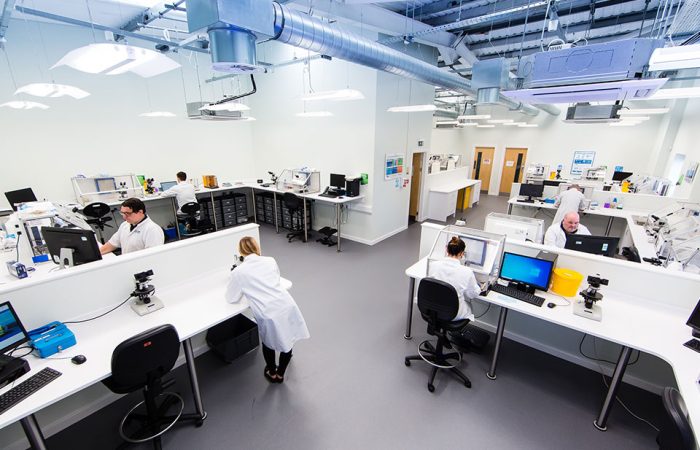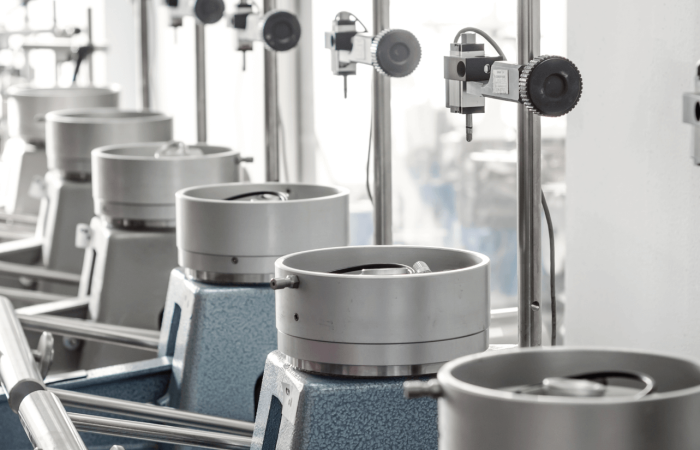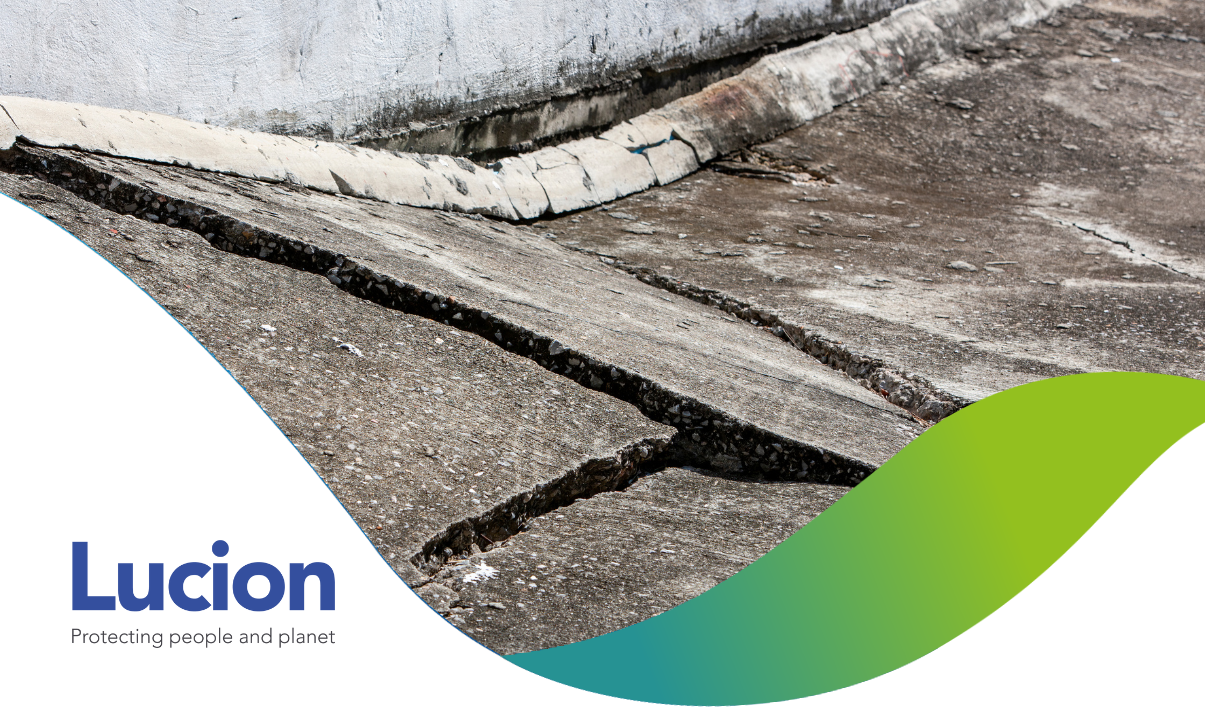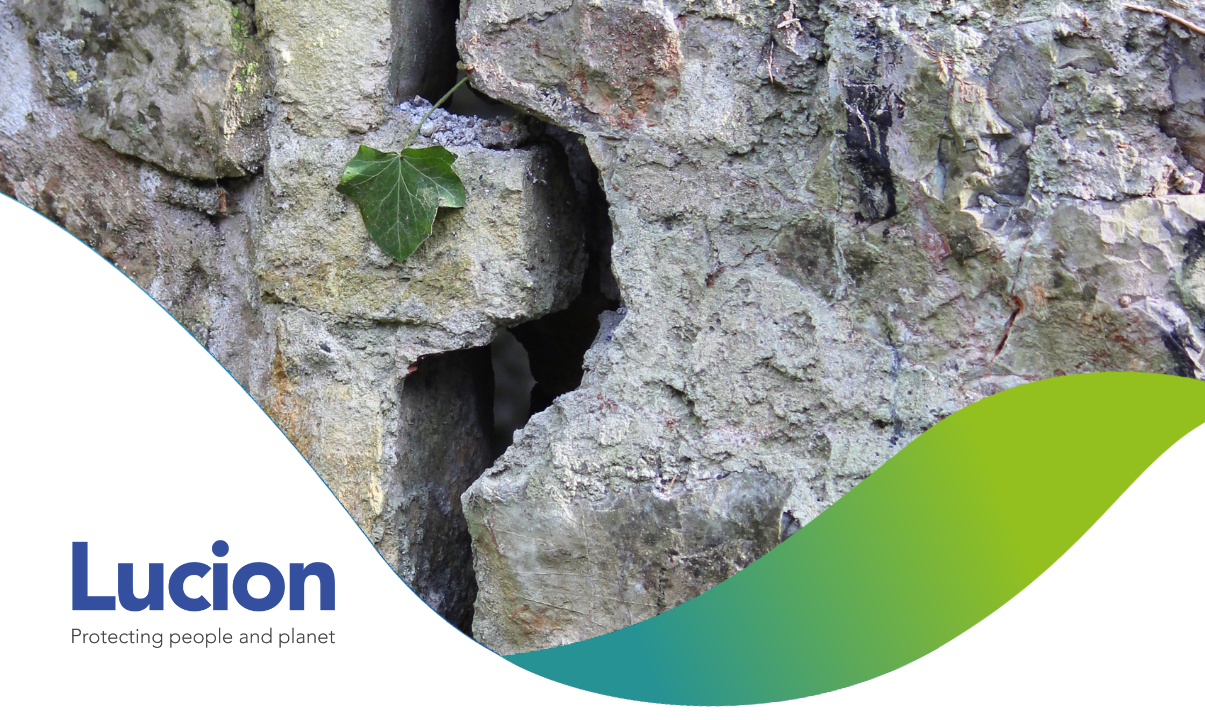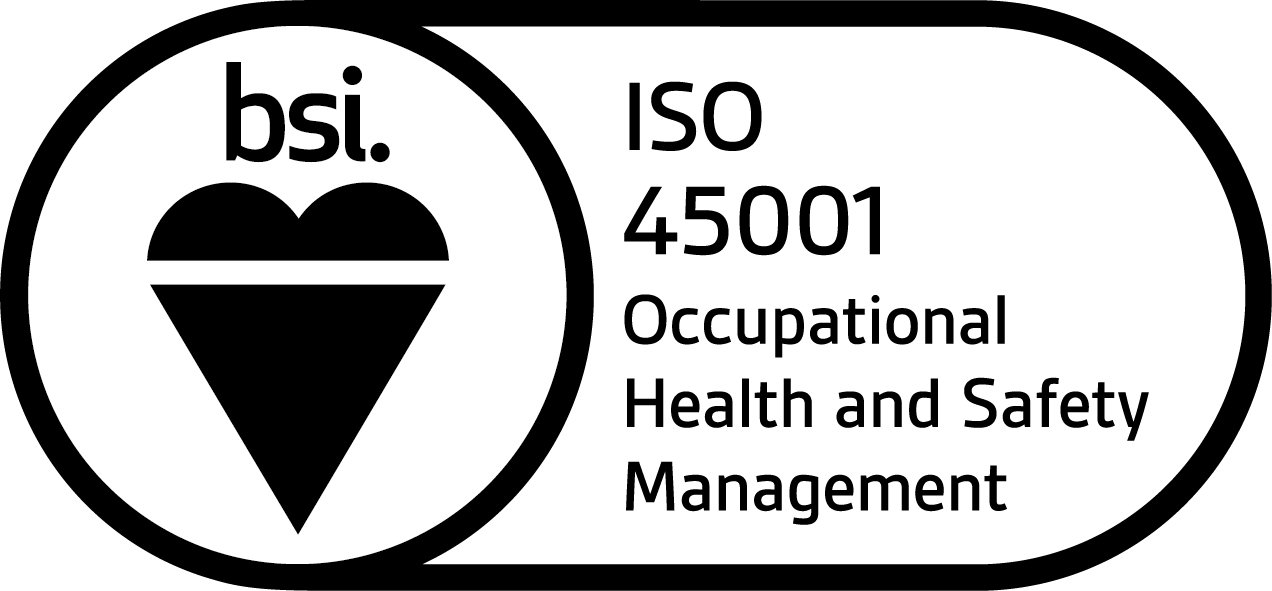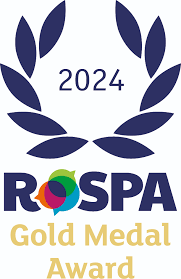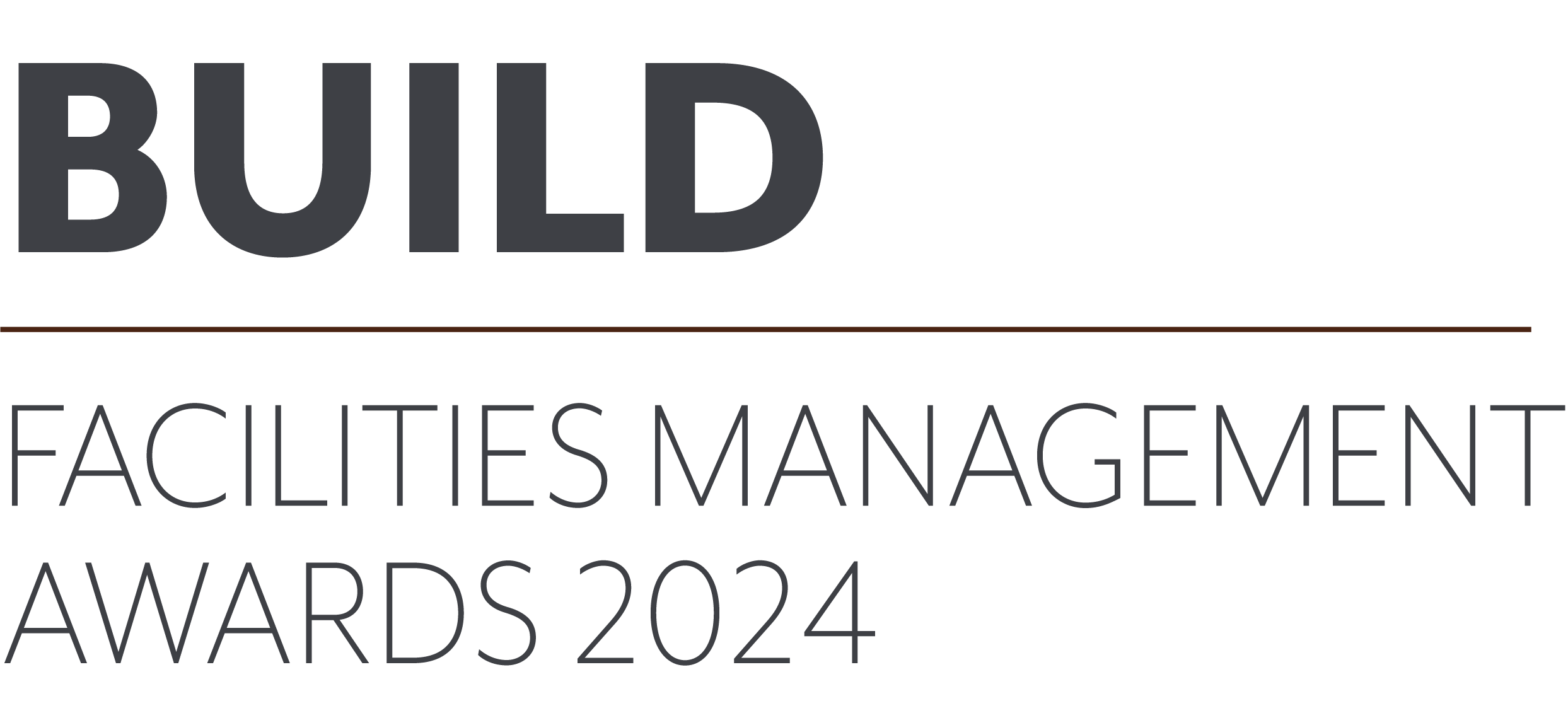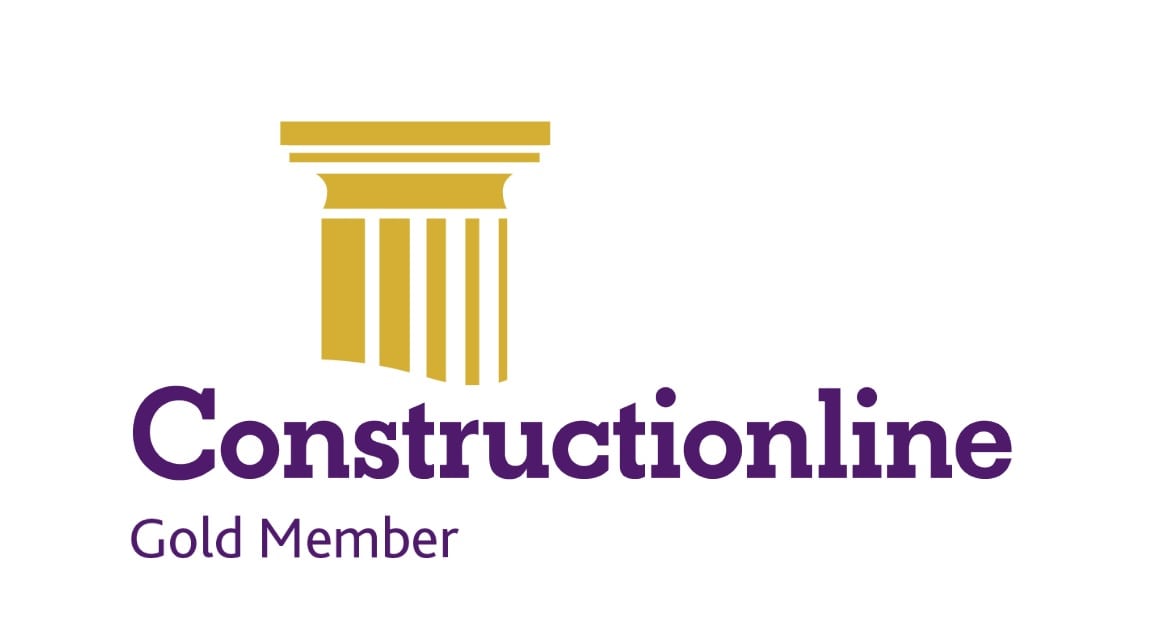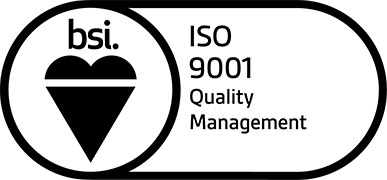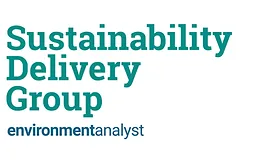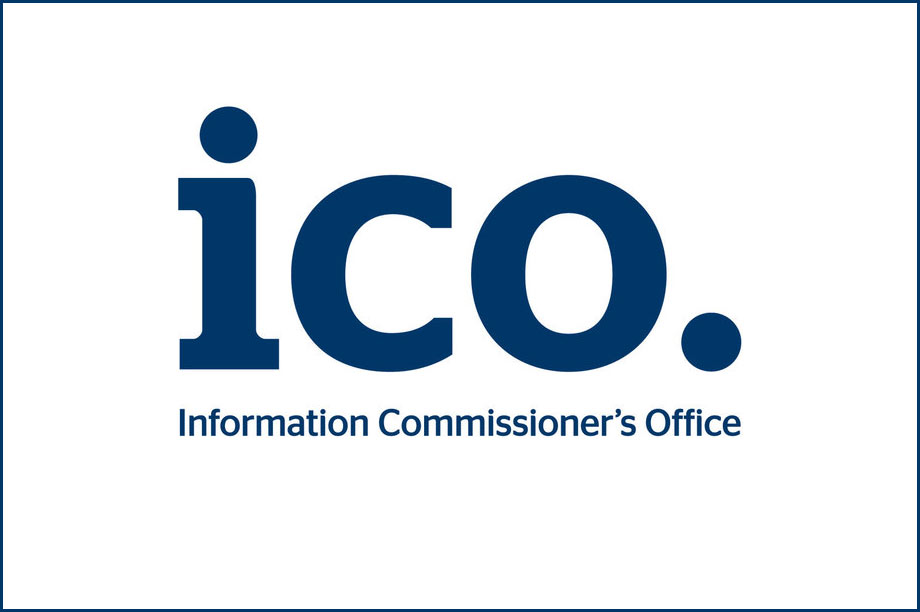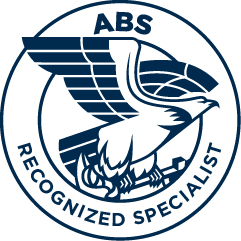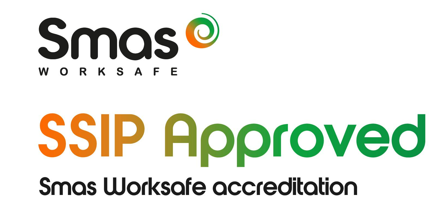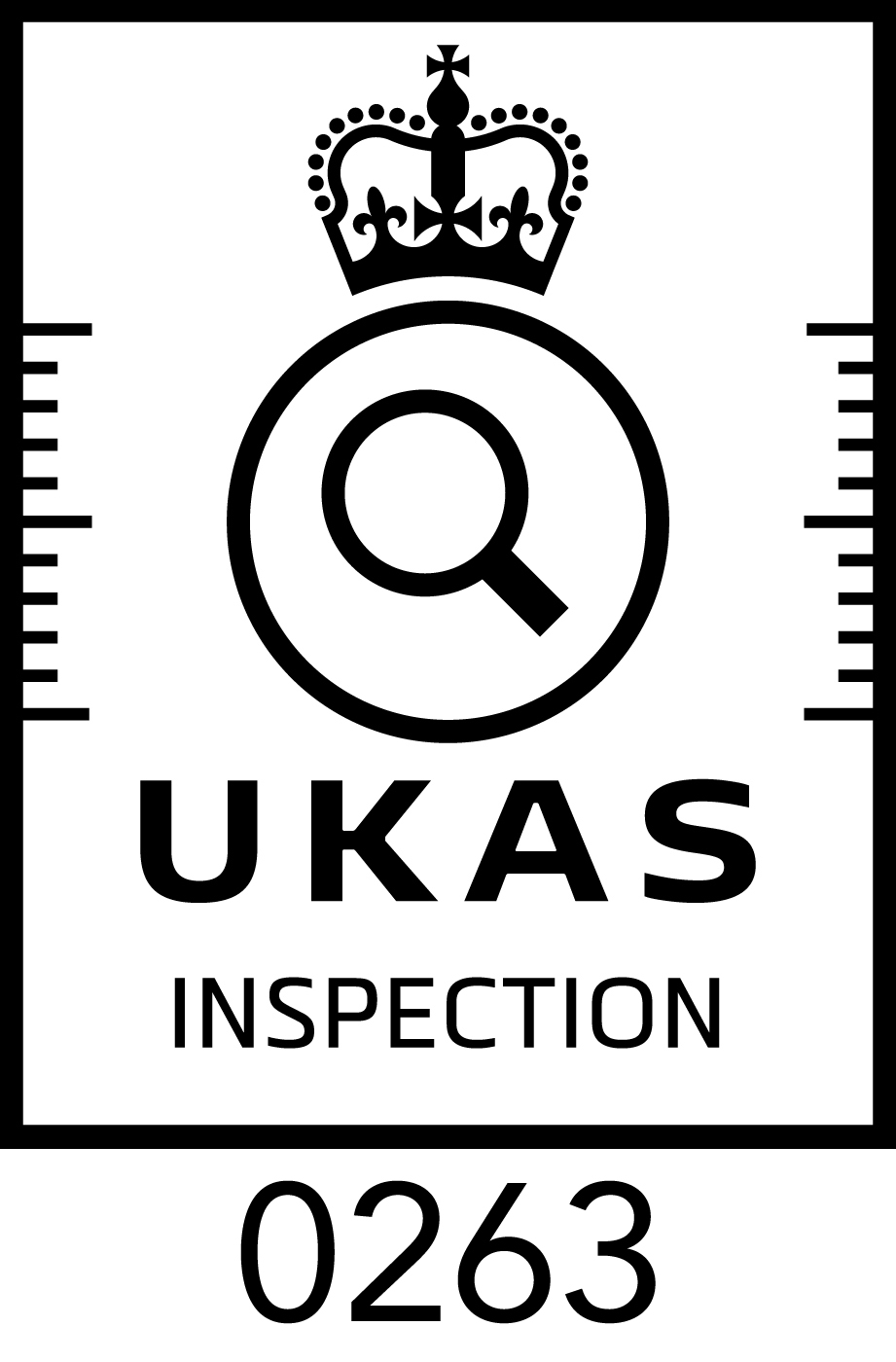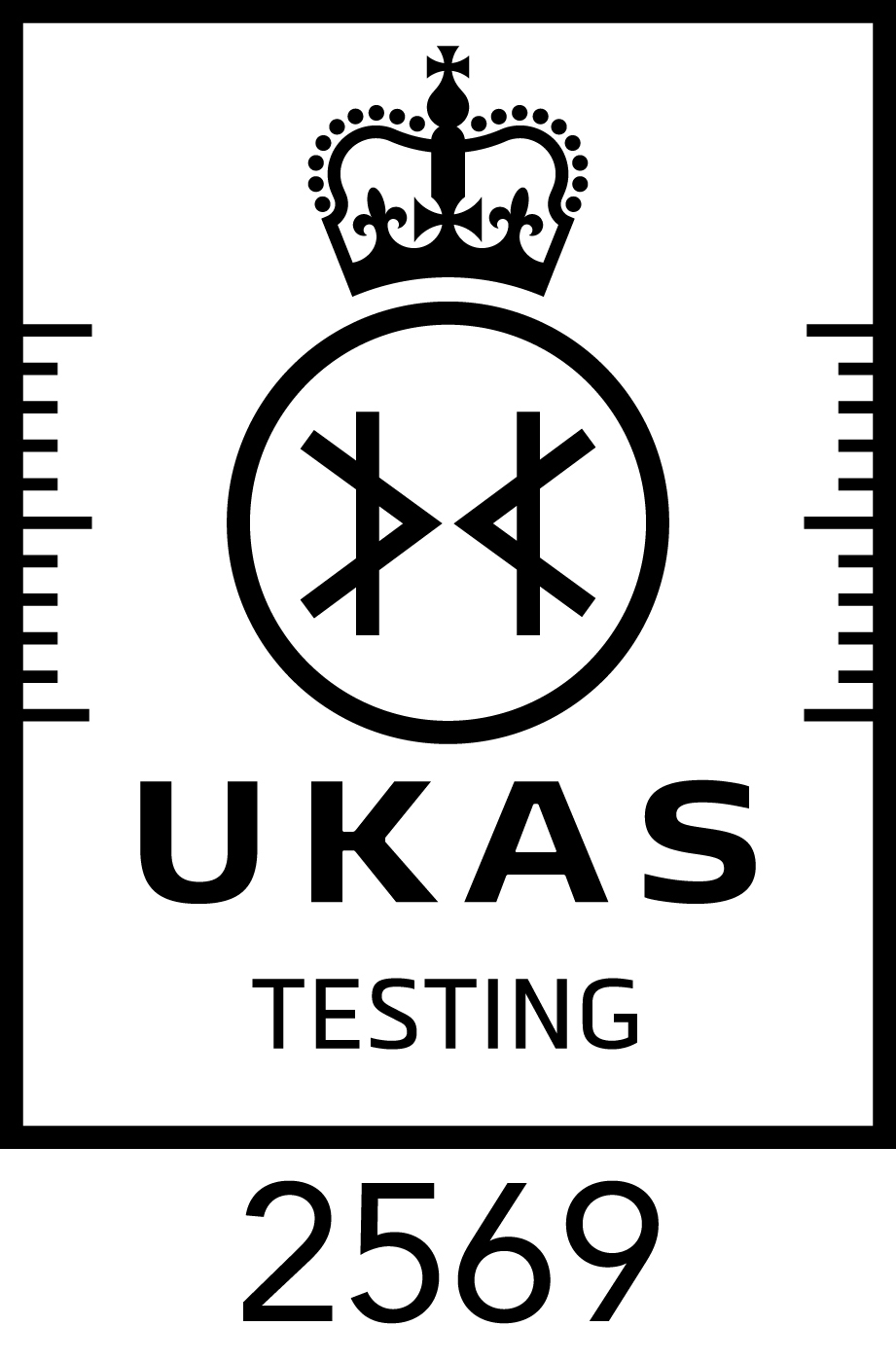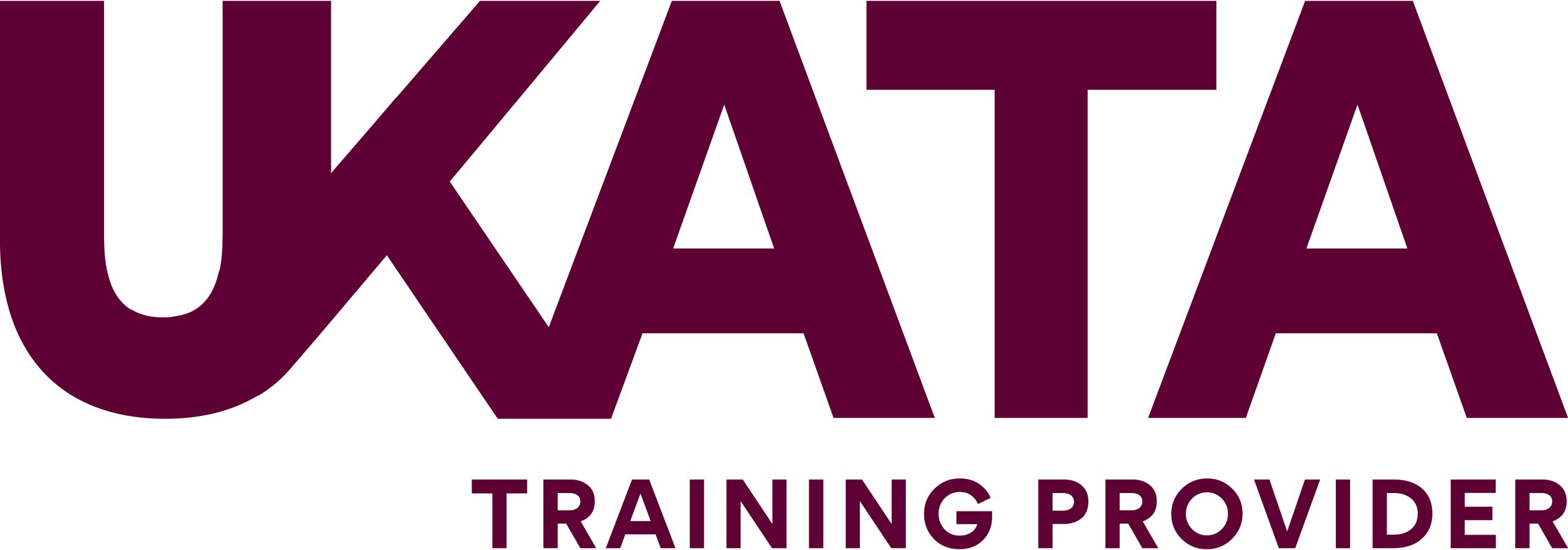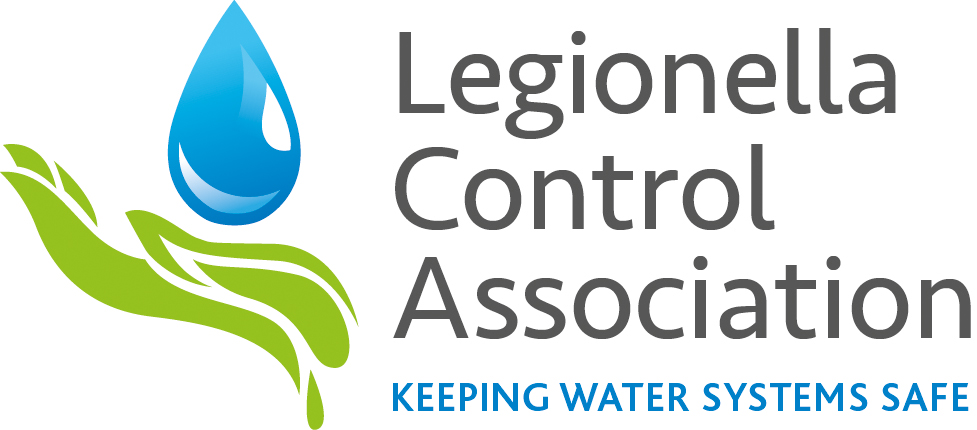Ensure optimal soil compaction for your construction projects with expert Compaction Testing services, achieving the ideal balance of strength and stability.
When embarking on a construction project, achieving the right level of soil compaction is crucial to ensure the stability, strength, and long-term performance of your structures. Insufficient or excessive compaction can lead to settlement issues, foundation failures, or costly repairs down the line. That’s where Lucion’s Compaction Testing services come in.
By investing in comprehensive Compaction Testing, you gain the essential insights needed to determine the optimal moisture content and maximum dry density of your soil, enabling you to achieve the desired level of compaction during earthworks. These services, including Compaction Testing, Moisture Condition Value (MCV) Testing, and California Bearing Ratio (CBR) Testing, provide you with the data necessary to select suitable materials and control soil compaction effectively.
Compaction Testing
Compaction Testing evaluates the compactibility and moisture-density relationship of your soils by compacting samples under standardised conditions. This process helps you understand how your soil will behave under various moisture contents and energy levels, allowing you to make informed decisions about your earthworks strategy.
MCV Testing
MCV Testing assesses the moisture condition of your soil, providing a rapid indication of its suitability for compaction. This information is invaluable for determining the optimal timing and methods for compaction, ensuring that your soil is neither too dry nor too wet for effective consolidation.
CBR Testing
CBR Testing evaluates the bearing capacity of your soil, simulating the load-bearing conditions your structures will face. By understanding the CBR value of your soil, you can design your foundations and pavements with confidence, ensuring they can withstand the anticipated loads and stresses.
When you choose Lucion Ground Engineering, a UKAS accredited testing laboratory No. 8180, you can rest assured that your project is in capable hands. Our Geotechnical Laboratory and expert team deliver the accurate and actionable insights you need to optimise your soil compaction process and ensure the long-term success of your construction projects.



